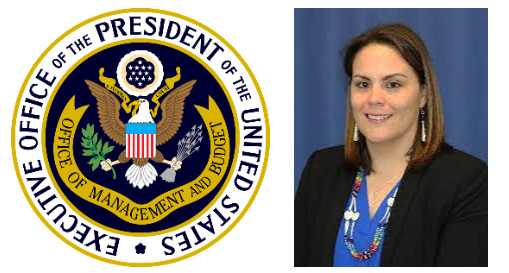White House appoints Elizabeth Carr as first-ever Office of Management and Budget tribal advisor
Tribes finally have a seat at the OMB table.

WASHINGTON — The White House today announced its appointment of the first-ever tribal advisor to the director of the U.S. Office of Management and Budget (OMB).
Tribal officials have made the case for years that …
Keep reading with a 7-day free trial
Subscribe to Indigenous Wire to keep reading this post and get 7 days of free access to the full post archives.

